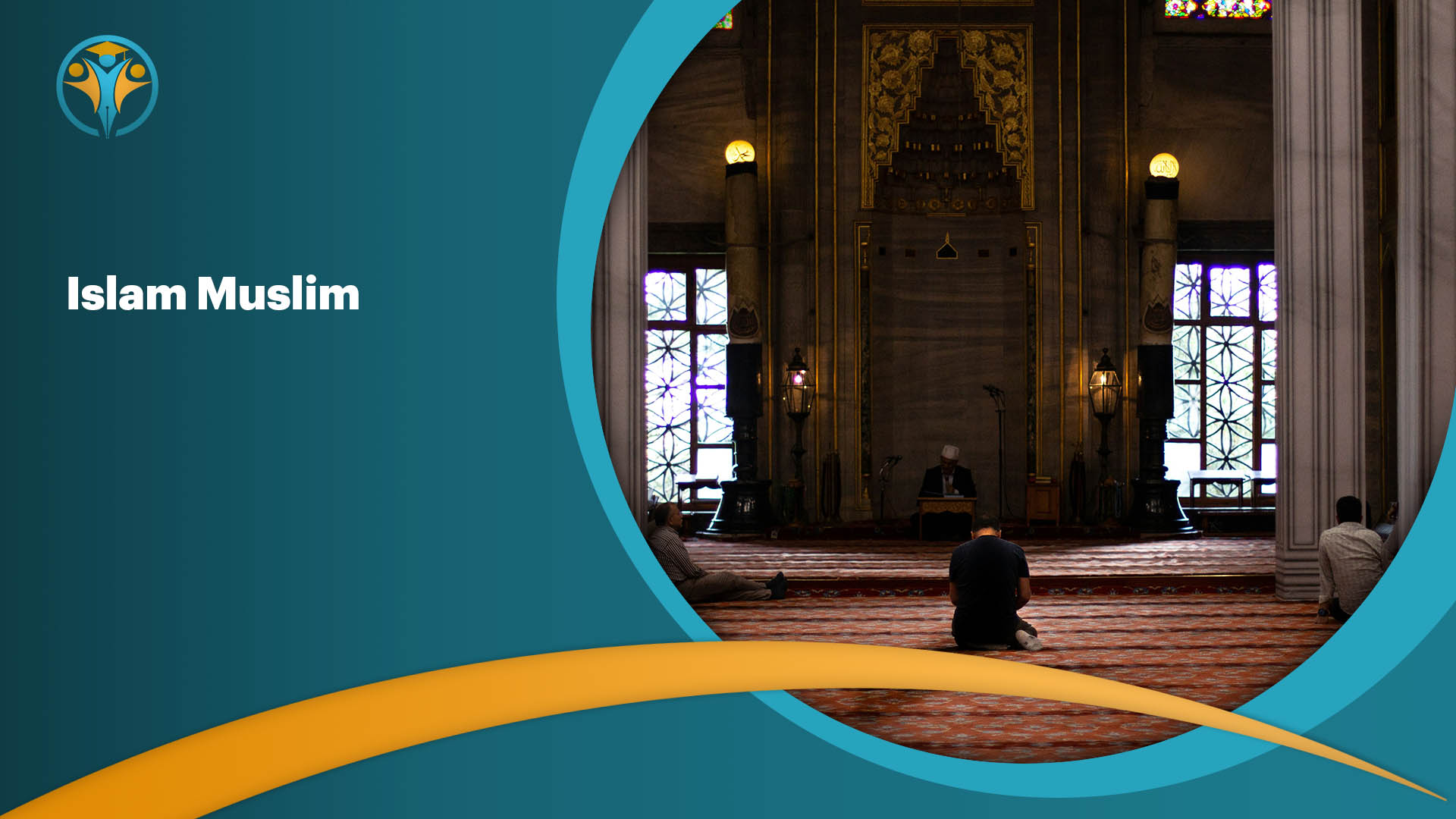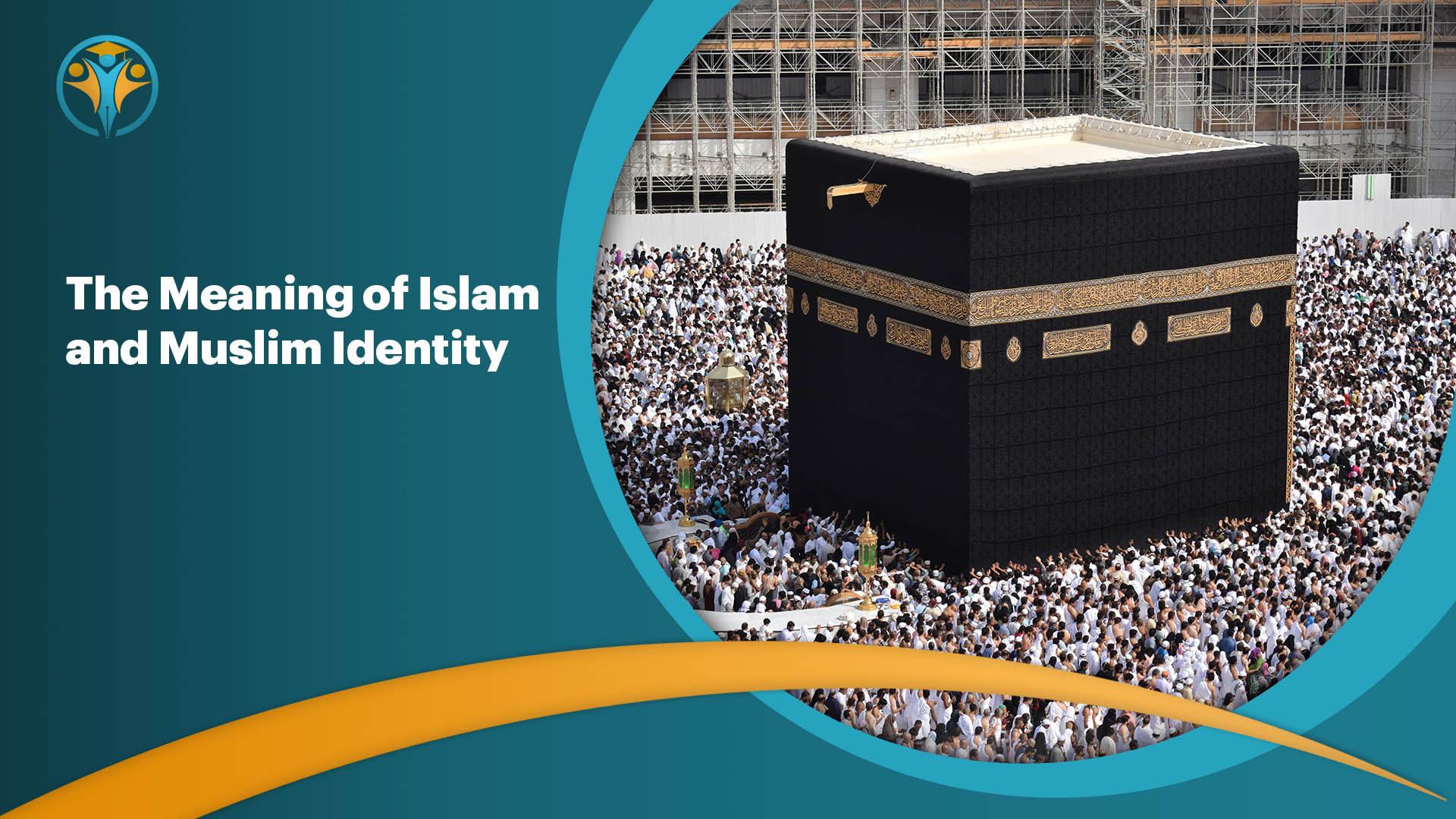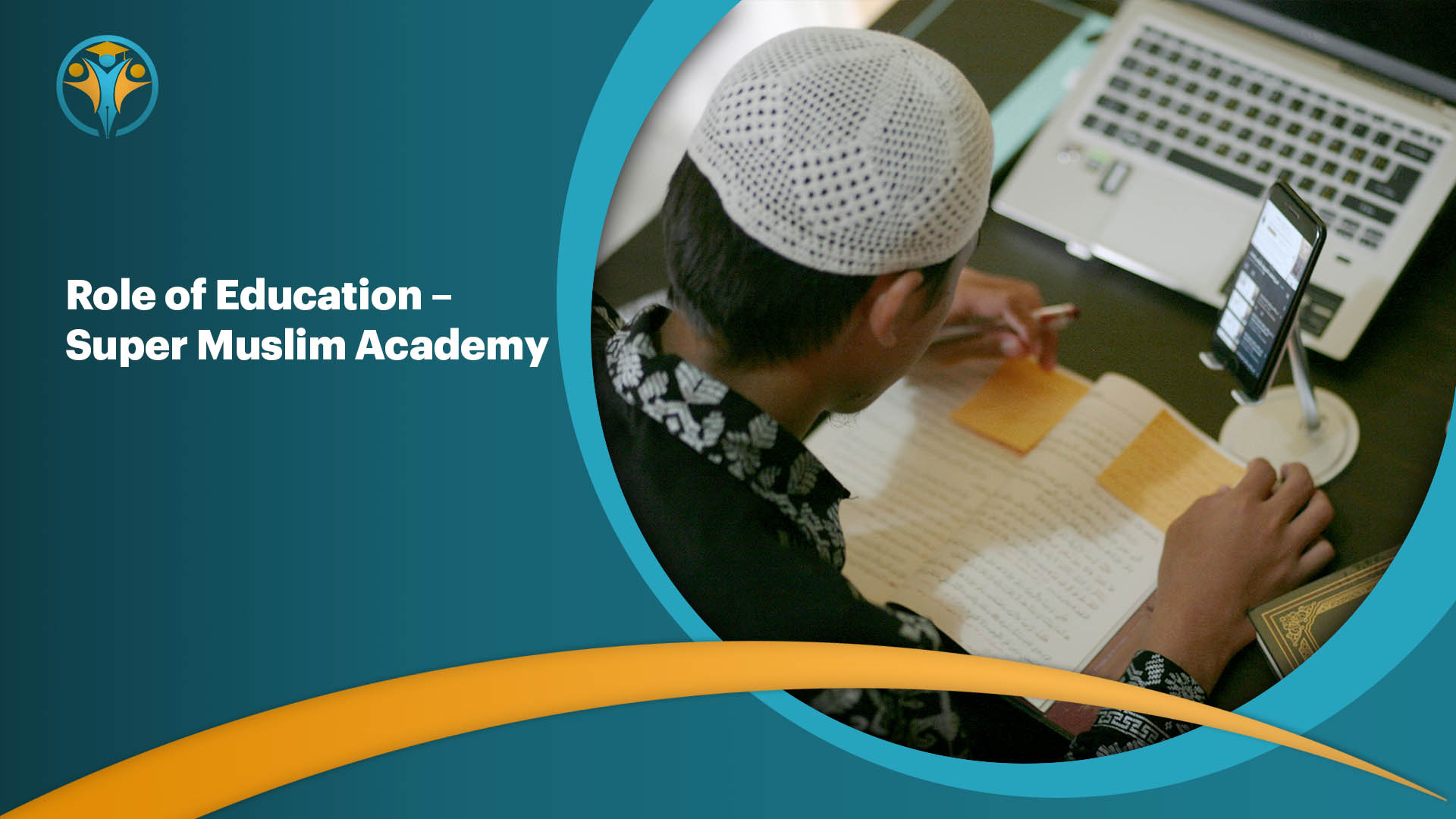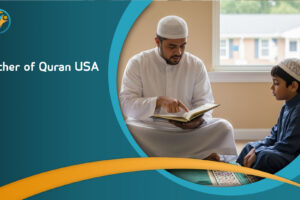
Islam Muslim Identity 2025: What You Need to Know
Understanding Islam Muslim identity is essential for anyone who seeks to explore how this faith shapes billions of lives across the globe. Islam is not only a religion but also a complete way of life, guiding its followers in spiritual, social, and cultural matters. Through centuries of tradition, the islam religion has formed a unique identity that continues to unite people across nations, languages, and cultures. In this article presented by Super Muslim Academy, we will dive deep into the foundations of muslim faith and uncover how they contribute to a strong sense of belonging in today’s world.
The Meaning of Islam and Muslim Identity

The word “Islam” comes from the Arabic root s-l-m, which means submission and peace. A Muslim is one who submits to the will of Allah, embracing divine guidance as a complete framework for life. At its core, islam and muslim identity are inseparable, representing not only the act of faith but also the broader spiritual, moral, and cultural commitment to God.
Unlike other traditions that separate the sacred from the secular, Islam connects every aspect of life with divine purpose. This holistic view strengthens the muslim faith and makes identity more than just a label, it becomes a living practice.
Learn also: Quran reading
Unlock Your Child’s Spiritual Journey Today!
Start your child’s transformative path with Super Muslim Academy—where expert tutors make Quran, Arabic, and Islamic studies engaging and accessible.
Benefit from interactive, flexible online lessons tailored for all ages and levels.
Sign up now to secure your free trial class and give them the gift of faith, learning, and confidence!

The Core Beliefs That Shape Muslim Identity
The foundation of islam religion rests on uncompromising monotheism. Muslims believe in Allah as the one and only God creator, sustainer, and ultimate judge. The Prophet Muhammad (peace be upon him) is recognized as the final messenger, completing the line of prophets that includes Adam, Noah, Abraham, Moses, and Jesus.
The Quran , regarded as the word of God, is the ultimate source of guidance. From prayer to social justice, the Quran provides timeless principles that continue to shape islam and muslim identity. Alongside the Quran , the Sunnah (teachings and practices of the Prophet) demonstrates how divine instructions can be applied in everyday life.
The Five Pillars of Islam
To understand muslim faith, one must also understand the Five Pillars, which serve as the foundation of practice:
- Shahadah (Faith) – Declaring there is no god but Allah and Muhammad is His messenger.
- Salah (Prayer) – Performing five daily prayers, a constant reminder of faith.
- Zakat (Charity) – Giving to the poor to purify wealth and strengthen social bonds.
- Sawm (Fasting) – Observing Ramadan as a spiritual discipline.
- Hajj (Pilgrimage) – Traveling to Mecca at least once in a lifetime if financially and physically able.
These pillars are not just rituals; they are the backbone of islam and muslim identity, ensuring that faith translates into action.
read more: the five pillars
Islam as a Religion and a Social System
One of the unique aspects of islam religion is that it combines spiritual guidance with social responsibility. From the very beginning in Medina, Prophet Muhammad established a community where faith and governance were intertwined. This dual nature both spiritual and social makes muslim faith a complete system of life.
- It governs personal morality.
- It emphasizes justice, equality, and compassion.
- It integrates community welfare with worship.
This balance between spirituality and social responsibility is what gives islam and muslim identity its strength across centuries.
The Spread of Islam Across the Globe
From the 7th century onwards, Islam expanded far beyond Arabia, reaching Africa, Europe, India, and Southeast Asia. Its rapid growth was fueled by:
- Jihad (striving for the sake of God, not just warfare).
- Sufi missionaries, who spread Islam through spirituality and love.
- Muslim traders, who carried faith alongside commerce.
This wide expansion created a diverse Muslim world, yet the shared muslim faith kept unity intact. Today, with more than 1.5 billion followers, islam and muslim identity continue to bind communities across continents.
Read also: online Islamic courses
The Concept of the Ummah
Another crucial element of muslim faith is the concept of the Ummah, or global Muslim community. Despite cultural differences, Muslims are united by their belief in one God and their commitment to shared practices. This sense of belonging strengthens islam and muslim identity in times of challenge, whether it be colonial oppression in the past or global issues today.
For modern Muslims, the Ummah is not just a spiritual idea but also a call to solidarity, compassion, and cooperation.
Sources of Islamic Teachings
The foundation of islam and muslim identity is deeply rooted in its primary sources. Every Muslim learns to rely on four key pillars of guidance:
- The Quran – The direct word of God revealed to Prophet Muhammad, containing guidance on faith, morality, law, and social conduct.
- The Sunnah – The Prophet’s actions and sayings, offering practical demonstrations of how to live according to divine guidance.
- Ijma (Consensus) – The agreement of scholars over generations, ensuring consistency and unity in practice.
- Ijtihad (Reasoning) – The intellectual effort to address new challenges, showing that islam religion is both timeless and adaptable.
Together, these sources form the foundation of muslim faith, keeping identity connected to tradition while allowing flexibility for modern times.
The Image of God in Islam
Central to islam and muslim identity is the understanding of God’s attributes. The Quran presents Allah as:
- One and unique, without partner or equal.
- All-powerful, yet merciful and compassionate.
- Nearer to a person than their jugular vein.
- The guide to humanity’s “straight path.”
This balance between justice and mercy shapes the muslim faith by encouraging humility, compassion, and accountability. For believers, God is not distant but deeply involved in human life, responding to prayers and guiding hearts.
Humanity’s Role in Islam
Islam views human beings as noble creations, entrusted with responsibility as God’s stewards on earth. Unlike other creatures that follow God’s commands automatically, humans have free will. This freedom defines islam and muslim identity it makes obedience meaningful but also opens the door to error.
- Humans are honored as God’s vice-regents.
- They are accountable for choices, rewarded for good, and responsible for sin.
- Pride and arrogance are condemned because they violate the principle of God’s oneness.
The muslim faith emphasizes repentance (tawbah), reminding believers that no matter how great the sin, God’s mercy is always greater.
Prophethood and Revelation
One of the key elements of islam religion is the belief in a line of prophets, all delivering the same message of God’s unity. From Adam and Noah to Moses, Jesus, and finally Muhammad, prophethood reflects the continuity of divine guidance.
- Prophets are human beings chosen to convey God’s word.
- Muhammad is the last prophet, sealing revelation with the Quran .
- Miracles such as Moses parting the sea or Jesus’ virgin birth testify to divine support.
Through these prophets, islam and muslim identity are reinforced as a continuation of a long tradition of monotheism.
Social Justice and Service in Islam
Unlike religions that emphasize only personal piety, islam religion equally values social justice. Charity, fairness, and compassion are essential parts of the muslim faith. Key principles include:
- Zakat (charitable giving) as a duty.
- Prohibition of usury to prevent exploitation.
- Encouragement of fairness in trade and contracts.
- Protection of orphans, widows, and the poor.
The Prophet Muhammad’s reforms protected the vulnerable in society, from slaves to women. This strong moral foundation ensures that islam and muslim identity remain connected to service and justice.
Equality and Brotherhood
The Prophet’s Farewell Sermon declared: “All humans are children of Adam; there is no superiority of Arab over non-Arab except by piety.” This message remains central to islam and muslim identity.
- Tribal and racial privilege is rejected.
- Brotherhood and sisterhood unite Muslims globally.
- The Ummah becomes a model of equality, compassion, and cooperation.
Through this principle, the muslim faith inspires a universal bond that transcends borders and cultures.
Modern Challenges for Muslim Identity
In today’s world, Muslims face new challenges that affect their sense of identity:
- Globalization brings Muslims into closer contact with diverse cultures.
- Islamophobia and misconceptions create pressure to explain faith.
- Secularism in some societies separates religion from public life.
- Technology and social media reshape how muslim faith is practiced and shared.
Yet, despite these challenges, islam and muslim identity remain resilient. Institutions like Super Muslim Academy play a key role in teaching authentic knowledge, strengthening faith, and guiding Muslims to remain confident in their beliefs.
Role of Education – Super Muslim Academy

Education is one of the strongest tools for protecting islam and muslim identity. Super Muslim Academy provides resources to help Muslims learn about the Quran , Hadith, history, and modern applications of Islamic teachings. By blending tradition with contemporary needs, the academy ensures that islam religion is understood not only as history but also as a practical way of life today.
Through structured courses, mentorship, and guidance, Super Muslim Academy supports both new learners and lifelong Muslims in deepening their muslim faith.
read more: islamic quran
Frequently Asked Questions
- What is the difference between Islam and Muslim identity?
Islam refers to the religion itself, while Muslim identity describes how individuals live and practice that faith in their daily lives. - Why is the Quran central to muslim faith?
Because it is considered the direct word of God, offering complete guidance for life. - How does Islam ensure equality?
By rejecting tribal and racial privilege, emphasizing piety as the only measure of worth. - Is Islam only a religion, or also a social system?
It is both islam religion guides personal spirituality and also regulates justice, law, and community welfare. - How can Muslims protect their identity today?
By seeking knowledge through trusted institutions like Super Muslim Academy, practicing faith consistently, and staying connected with the global Ummah.
In conclusion, Islam and muslim identity are inseparable forces that continue to shape billions of lives worldwide. From its origins in Arabia to its global presence today, Islam remains a religion of guidance, justice, and community. The foundations of muslim faith belief in one God, following the Prophet’s example, and practicing social justice create a complete way of life.
For modern Muslims, education, service, and solidarity are the keys to preserving identity. And through institutions like Super Muslim Academy, believers are empowered to live confidently, balancing tradition with the challenges of the modern world.
In the end, islam religion is not just about rituals; it is about cultivating an identity rooted in peace, justice, and divine guidance a timeless truth that continues to inspire humanity.
Read also: Quran Academy
Tag:Islam, Muslim, Spread of Islam, Ummah



